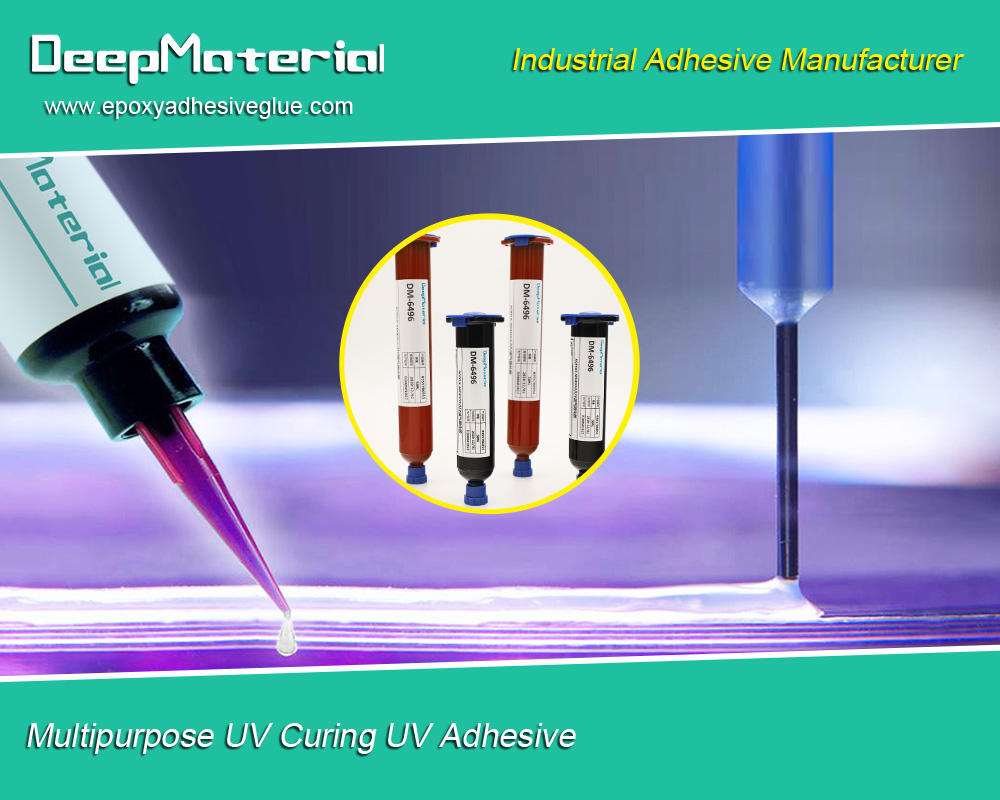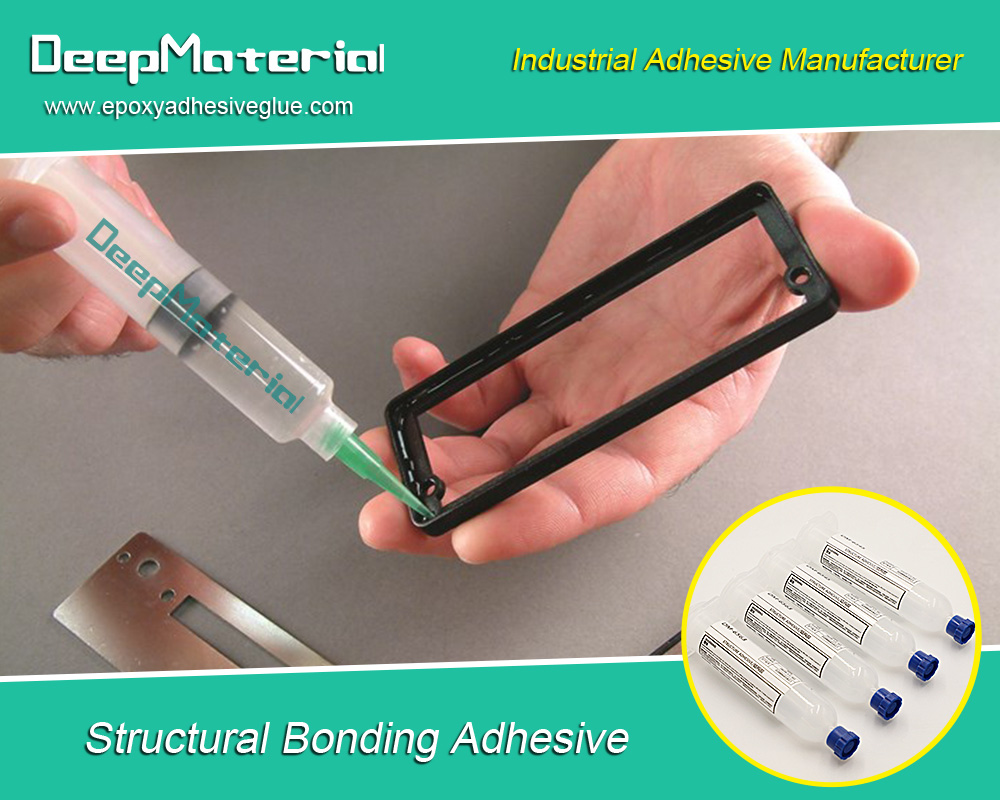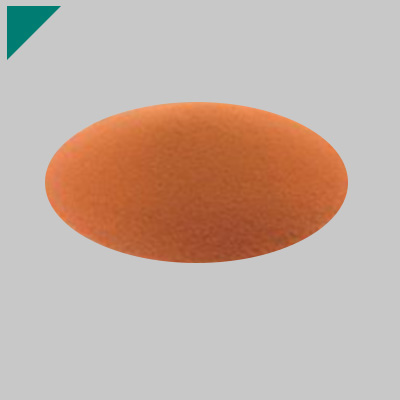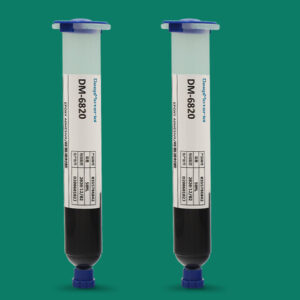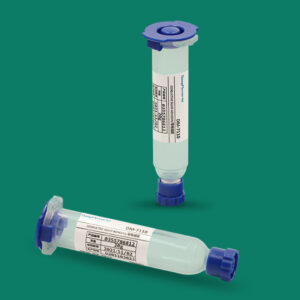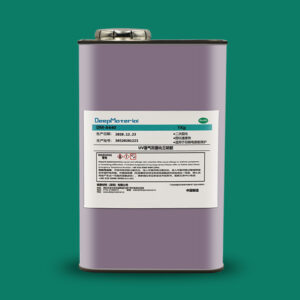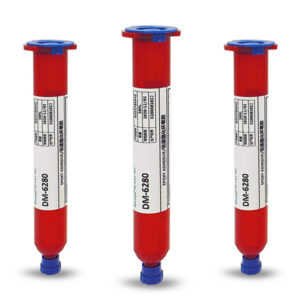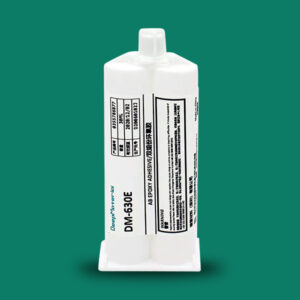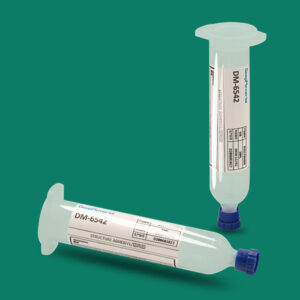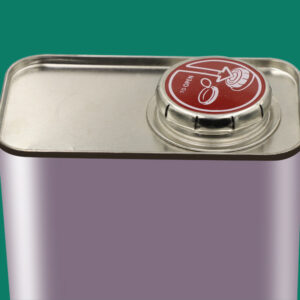Driving Forward: Exploring the Advancements and Opportunities in the Epoxy Adhesive for Automotive Market
Driving Forward: Exploring the Advancements and Opportunities in the Epoxy Adhesive for Automotive Market
In the ever-evolving automotive industry, where innovation and efficiency reign supreme, the role of adhesive technologies cannot be overstated. Among many adhesive options available, epoxy adhesives stand out for their exceptional bonding properties and versatility. As automotive manufacturers strive for lightweight designs, enhanced durability, and improved performance, the demand for high-quality epoxy adhesives continues to soar. This article delves into the dynamics of the epoxy adhesive for the automotive market, examining its growth drivers, applications, technological advancements, and prospects.
Critical Advantages of Epoxy Adhesive in Automotive Applications:
In today’s automotive landscape, where innovation drives progress, epoxy adhesive technology is a transformative force. With its myriad benefits, epoxy adhesive has become a staple in automotive applications, revolutionizing assembly processes and enhancing vehicle performance. Let’s delve into the critical advantages of epoxy adhesive in the automotive market:
Superior Bonding Strength:
- Unmatched bonding strength ensures structural integrity and stability in automotive components.
- It provides uniform and robust bonds, surpassing traditional fastening methods like welding or mechanical fasteners.
Enhanced Durability:
- Excellent resistance to chemicals, temperature fluctuations, and environmental factors.
- Contributes to the longevity of automotive assemblies, reducing maintenance costs and enhancing reliability.
Weight Reduction:
- Addresses the industry’s focus on lightweight without compromising strength or safety.
- It offers an effective solution for joining dissimilar materials, enabling significant weight savings in vehicle design.
Vibration Damping:
- Dampens vibrations and reduces noise levels, enhancing the overall driving experience.
- It improves comfort for passengers by creating a smoother and quieter ride.
Corrosion Protection:
- Creates a protective barrier against moisture and corrosion, preserving the integrity of automotive structures.
- It is particularly crucial in challenging environments where exposure to harsh elements can compromise vehicle longevity.
Market Trends and Growth Drivers:
In the ever-evolving automotive industry, where performance, durability, and efficiency reign supreme, the choice of materials and components plays a pivotal role. Among these, epoxy adhesive has emerged as a game-changer, revolutionizing how vehicles are built and repaired. As we delve into the market trends and growth drivers of epoxy adhesive for the automotive sector, it becomes evident that its popularity is not merely a fad but a reflection of industry-wide shifts and demands.
Increasing Emphasis on Lightweighting:
The automotive industry is witnessing a paradigm shift towards lightweight to enhance fuel efficiency and reduce emissions. Epoxy adhesives, known for their high strength-to-weight ratio and ability to bond various materials, including composites, metals, and plastics, are becoming indispensable in achieving these goals. Automakers are increasingly incorporating epoxy adhesives in vehicle assembly to replace traditional joining methods like welding and mechanical fastening, thereby reducing weight without compromising structural integrity.
Growing Demand for Electric Vehicles (EVs):
The global push towards sustainable mobility has fueled the rapid growth of electric vehicles. Unlike conventional internal combustion engine vehicles, EVs require specialized materials that offer high electrical insulation properties and withstand thermal stresses. Epoxy adhesives, with their excellent electrical insulation and thermal conductivity characteristics, are extensively used in battery assembly, electric motor bonding, and powertrain components, driving the demand for epoxy adhesives in the automotive market.
Advancements in Manufacturing Technologies:
Technological advancements have led to the development of innovative epoxy formulations explicitly tailored for automotive applications. These formulations offer enhanced performance attributes such as faster curing times, improved adhesion to substrates, and superior chemical resistance, addressing the stringent requirements of modern vehicle manufacturing processes. Additionally, automation and robotics in assembly lines have facilitated the precise application of epoxy adhesives, further driving their adoption across the automotive sector.
Focus on Vehicle Safety and Crashworthiness:
Safety remains a paramount concern for both consumers and regulatory authorities. Epoxy adhesives significantly enhance vehicle safety and crashworthiness by providing uniform stress distribution, dampening vibrations, and reinforcing critical joints and structures. As automakers strive to meet increasingly stringent safety standards and achieve higher crash ratings, the demand for epoxy adhesives as a reliable bonding solution continues to surge.
Shift towards Sustainable and Eco-Friendly Solutions:
With growing environmental awareness, automakers are embracing sustainable practices and eco-friendly materials throughout the vehicle lifecycle. Epoxy adhesives, formulated with low volatile organic compounds (VOCs) and environmentally friendly ingredients, align with these sustainability goals. Furthermore, their ability to enable lightweight contributes to reducing fuel consumption and carbon emissions, making them an attractive choice for environmentally conscious manufacturers and consumers.
Challenges and Opportunities:
In the dynamic landscape of automotive manufacturing, the role of epoxy adhesives is gaining prominence, offering a compelling alternative to traditional joining methods. As the industry seeks lighter, safer, and more sustainable solutions, epoxy adhesives emerge as a versatile contender. However, alongside the promises lie a set of challenges and opportunities that shape the trajectory of their adoption in the automotive sector.
Challenges:
Cost Considerations:
- Despite their manifold benefits, epoxy adhesives often have a higher price tag than conventional joining techniques.
- Overcoming the cost barrier necessitates innovations in manufacturing processes and the realization of economies of scale.
- Balancing the initial investment with long-term benefits remains a pivotal challenge for automotive manufacturers.
Compatibility with Substrates:
- Achieving optimal bonding performance across diverse automotive substrates poses a significant challenge.
- Compatibility issues may arise when bonding dissimilar materials, requiring meticulous testing and optimization.
- Ensuring robust adhesion strength across material combinations is imperative for maintaining structural integrity and safety standards.
Regulatory Compliance:
- Adherence to stringent regulatory standards, particularly those concerning safety, health, and environmental impact, is paramount in the automotive industry.
- Navigating the complex regulatory compliance landscape demands proactive engagement with authorities and adherence to evolving industry norms.
- Non-compliance can jeopardize market access, tarnish a brand’s reputation, and cause legal repercussions.
Opportunities:
Advancements in Manufacturing:
- Continuous advancements in manufacturing technologies are driving down the production costs of epoxy adhesives.
- Innovations such as automated dispensing systems and tailored curing processes enhance efficiency while reducing labor costs.
- Collaborations between adhesive manufacturers and automotive OEMs facilitate the development of bespoke solutions, further optimizing cost-effectiveness.
Technological Innovations:
- Research and development efforts are expanding the application scope of epoxy adhesives in the automotive sector.
- From lightweight body structures to modular vehicle architectures, epoxy adhesives enable innovative design solutions that enhance fuel efficiency and performance.
- Integration with advanced driver assistance systems (ADAS) underscores the role of epoxy adhesives in facilitating the transition toward autonomous driving technologies.
Sustainability Imperative:
- With sustainability emerging as a defining factor in consumer preferences, epoxy adhesives offer eco-friendly alternatives to traditional joining methods.
- Reduced weight and improved fuel efficiency contribute to lower carbon emissions and environmental footprint.
- Proactive initiatives towards recyclability and bio-based formulations further reinforce epoxy adhesives’ sustainability credentials, aligning with industry-wide sustainability goals.
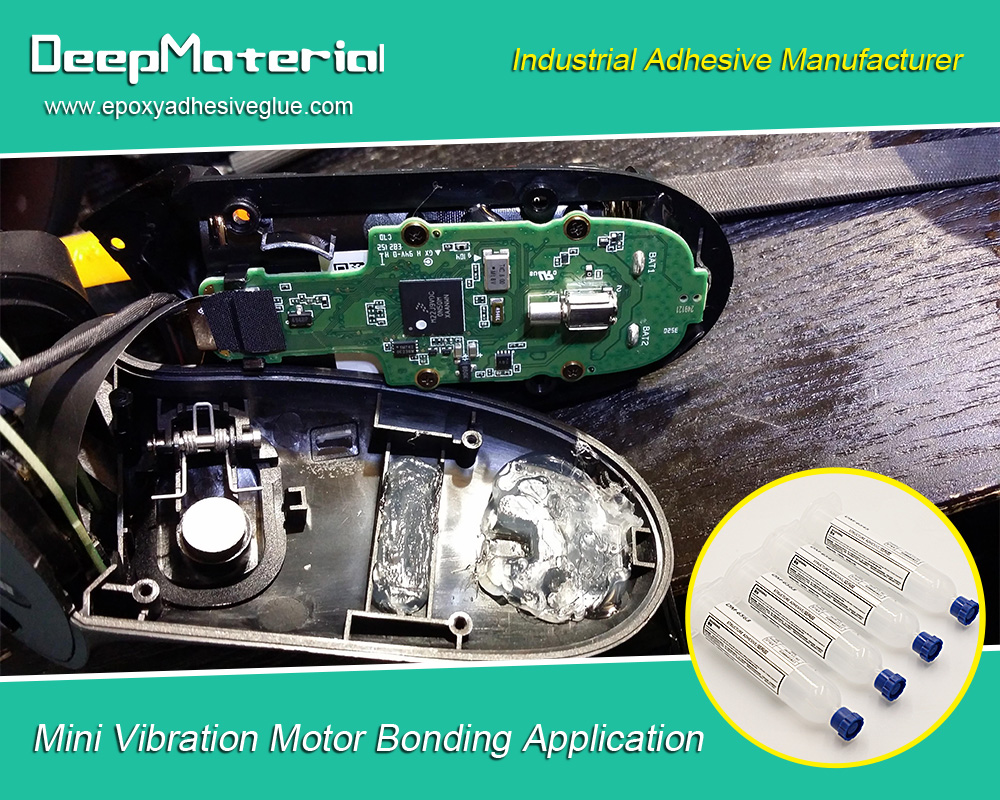
Conclusion
As the automotive industry undergoes rapid transformation driven by technological advancements and shifting consumer preferences, the role of epoxy adhesives continues to evolve and expand. From enhancing vehicle performance and durability to enabling innovative design solutions, epoxy adhesives are poised to play a pivotal role in shaping the future of automotive manufacturing. By embracing collaboration, innovation, and sustainability, stakeholders can capitalize on the vast opportunities presented by the growing epoxy adhesive for the automotive market, driving progress toward a more efficient, sustainable, and interconnected mobility ecosystem.
For more about choosing the best driving forward: exploring the advancements and opportunities in the epoxy adhesive for automotive market, you can pay a visit to DeepMaterial at https://www.epoxyadhesiveglue.com/category/epoxy-adhesives-glue/ for more info.


